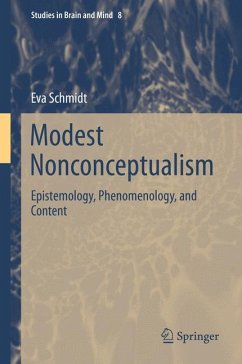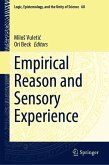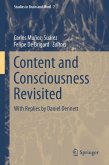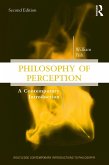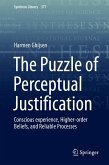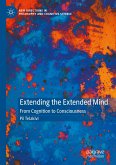The volume starts off with an explication of the notion of nonconceptual content and a distinction between nonconceptualist views of different strengths, then the author goes on to defend participants in the debate over nonconceptual content against the allegation that their failure to distinguish between a state view and a content view of (non)conceptualism leads to fatal problems for their views. Next, she makes a case for nonconceptualism by refining some of the central arguments for the view, such as the arguments from fineness of grain, from contradictory contents, from animal and infant perception, and from concept acquisition. Then, two central objections against nonconceptualism are rebutted in a novel way: the epistemological objection and the objection from objectivity.
Modest Nonconceptualism allows for perceptual experiences to involve some conceptual elements. It emphasizes the relevance of concept employment for an understanding of conceptual and nonconceptual mental states and identifies the nonconceptual content of experience with scenario content. It insists on the possibility of genuine content-bearing perceptual experience without concept possession and is thus in line with the Autonomy Thesis. Finally, it includes an account of perceptual justification that relies on the external contents of experience and belief, yet is compatible with epistemological internalism.
Dieser Download kann aus rechtlichen Gründen nur mit Rechnungsadresse in A, B, BG, CY, CZ, D, DK, EW, E, FIN, F, GR, HR, H, IRL, I, LT, L, LR, M, NL, PL, P, R, S, SLO, SK ausgeliefert werden.

